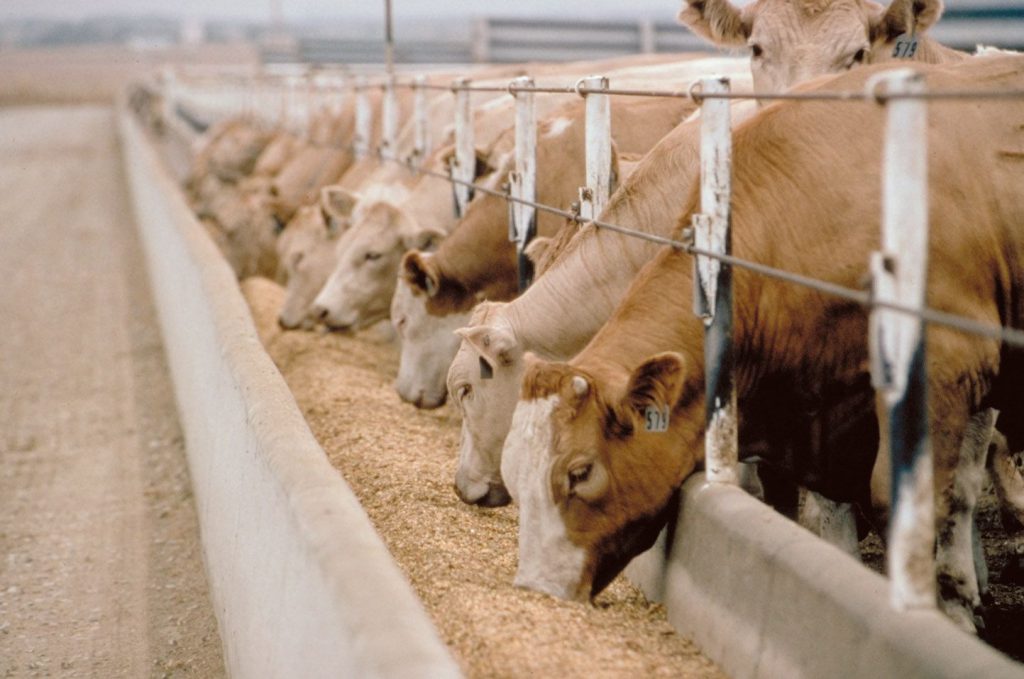
The definition of Animal Feeding Operations (AFO’s) and Confined Animal Feeding Operations (CAFO’s) and their environmental regulations vary by state, and some are even affected by county zoning. The rules and regulations of CAFO’s in Nebraska are much more complex, although the rules of an AFO are fairly straightforward. Here’s a basic overview on the Nebraska Department of Environmental Quality’s (NDEQ) regulations for AFO’s:
- Nebraska’s definition of an Animal Feeding Operation (AFO) is any livestock operation under 1000 animals, that confines animals to feed for more than 45 days in a de-vegetated area.
- A Small AFO consists of 300 animals or less, and is not required to be inspected by the NDEQ.
- A Medium AFO of 300-999 animals must request an NDEQ inspection if not currently permitted or exempted. This can be done via a Title 130 Form A.
- Regardless of the size of the AFO, discharge of manure into or direct contact with waters of the State is not allowed.
- Waters of the State include ponds, ditches, dry or seasonal streams, lakes, and rivers.
- If you are confining animals in a pen for supplemental feeding, but those animals still have access to pasture, your operation is not considered an AFO.
[row]
[col span=”4″ span__sm=”12″]
[ux_image id=”288″ height=”100%”]
[/col]
[col span=”8″ span__sm=”12″]
These questions often arise when dry-lotting cows for short periods throughout the year, whether it be to conserve pasture in the summer or to feed cows all winter long. In general, the rules above can be used as guidelines as to how you are allowed to dry-lot cows without permitting or inspection.
If you find yourself in need of assistance before or during an NDEQ inspection, give us a call. We specialize in helping producers navigate environmental regulations and the processes involved.
[/col]
[/row]
